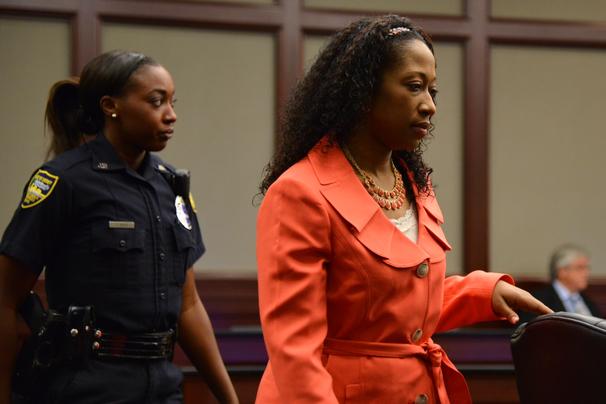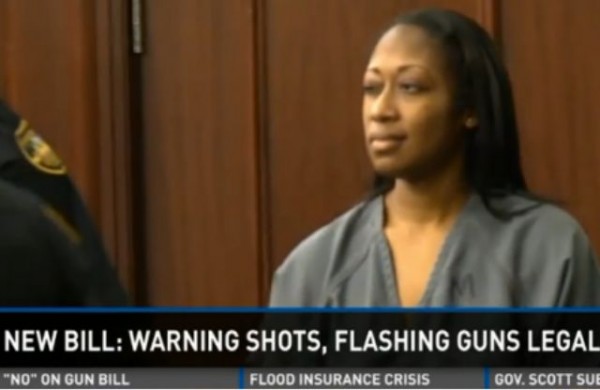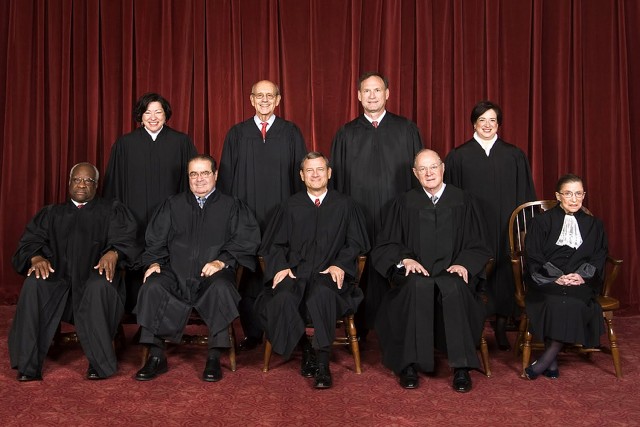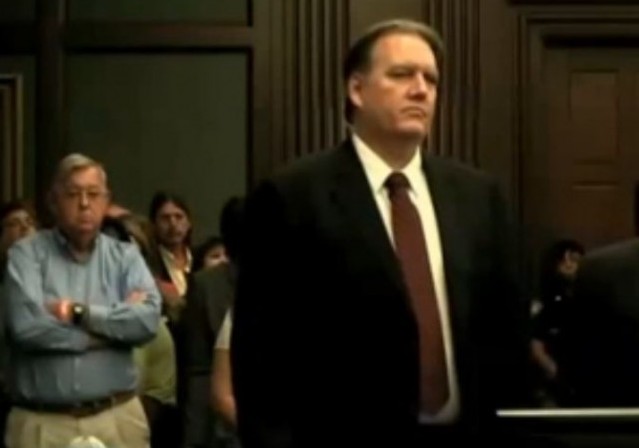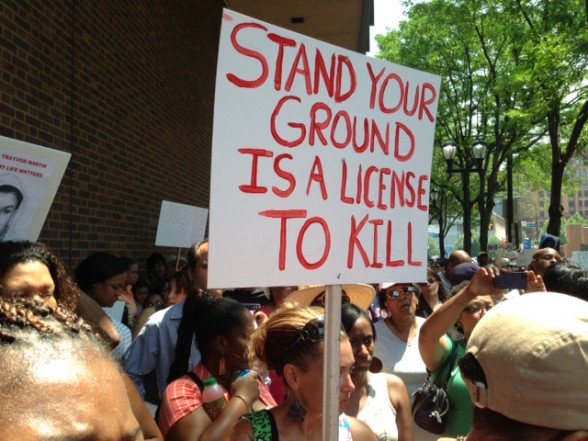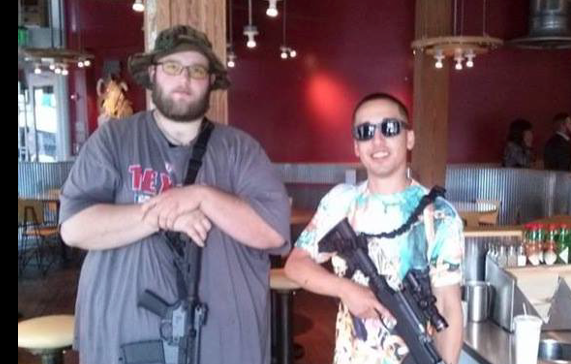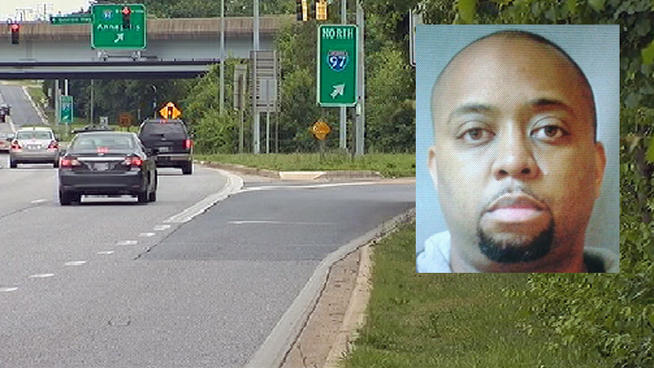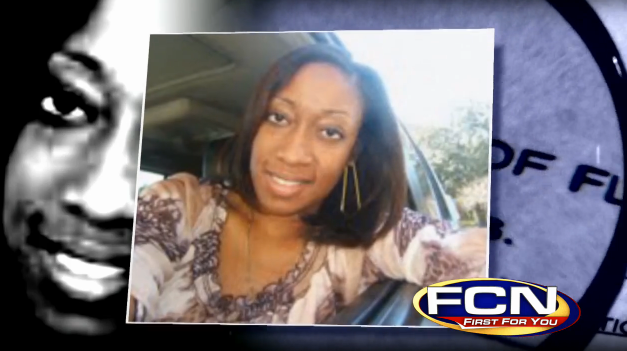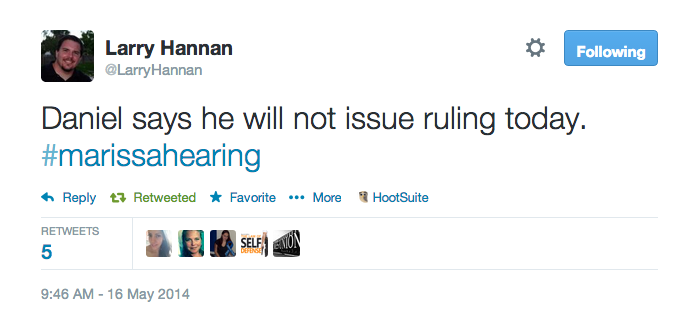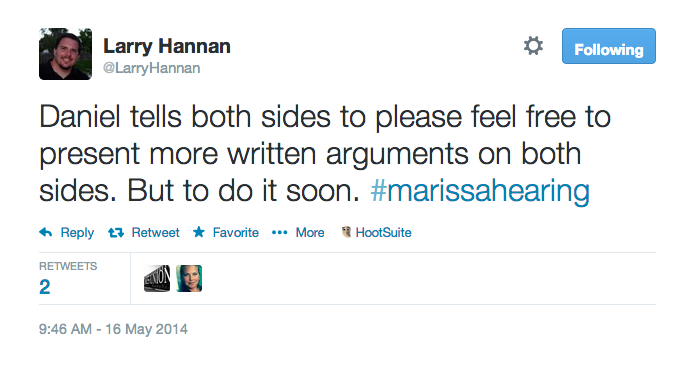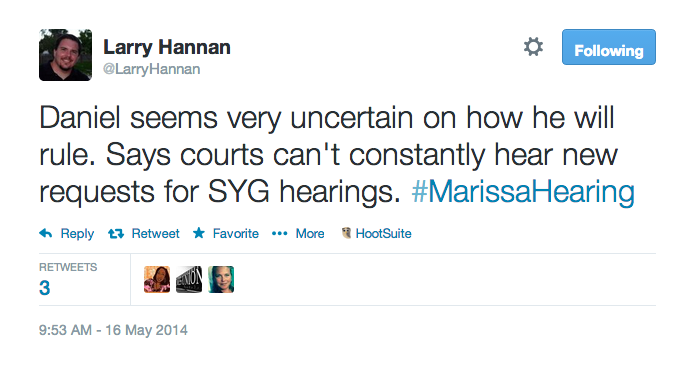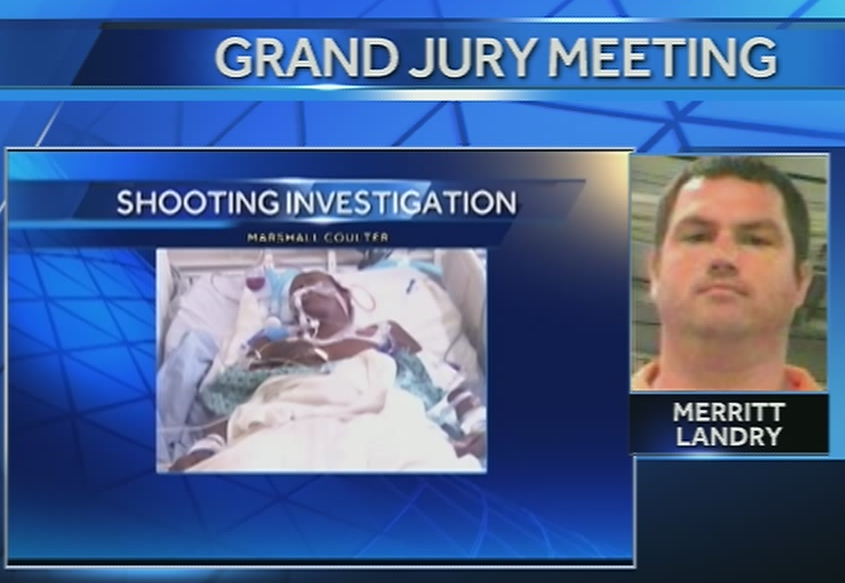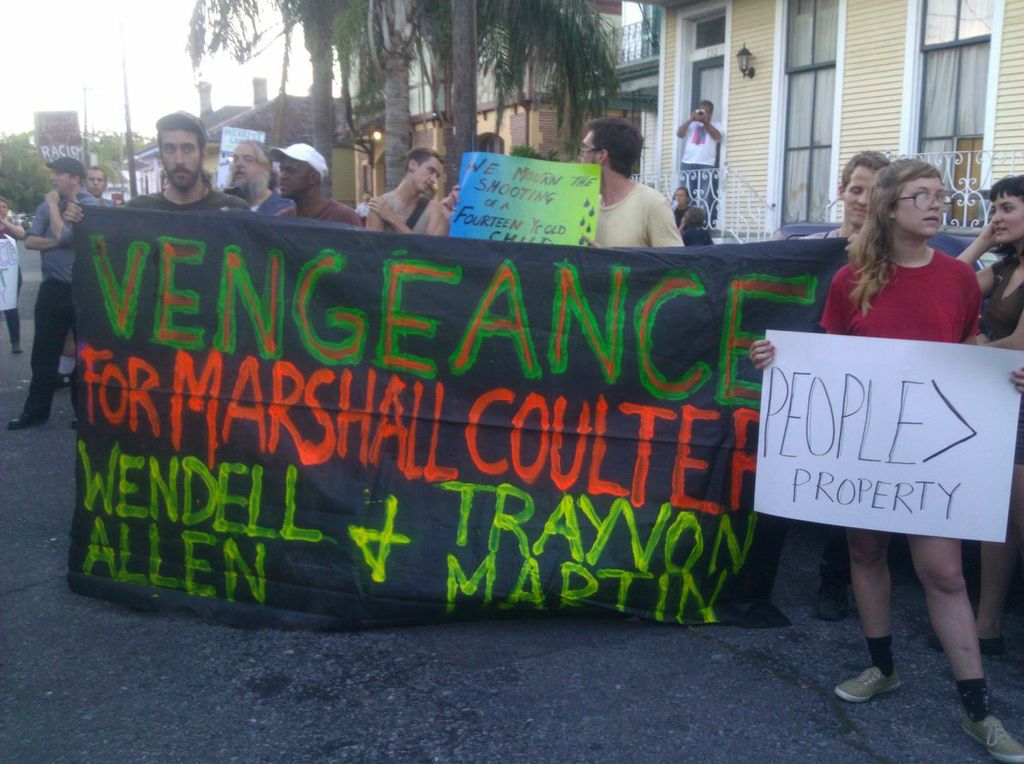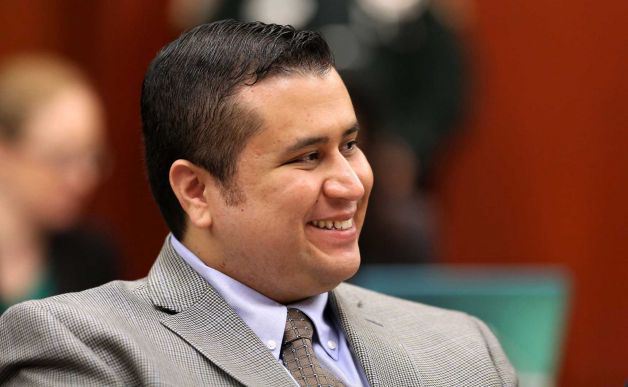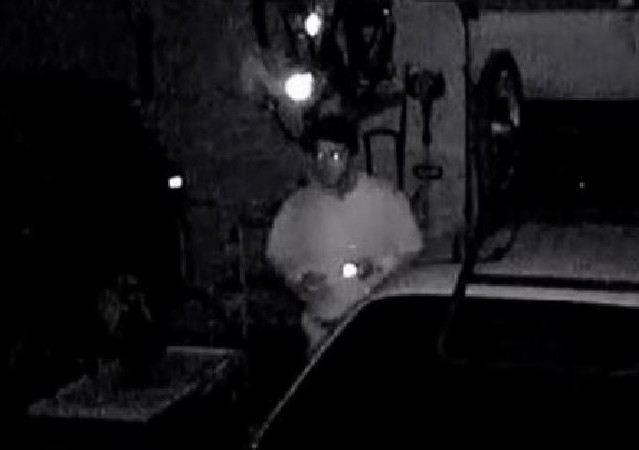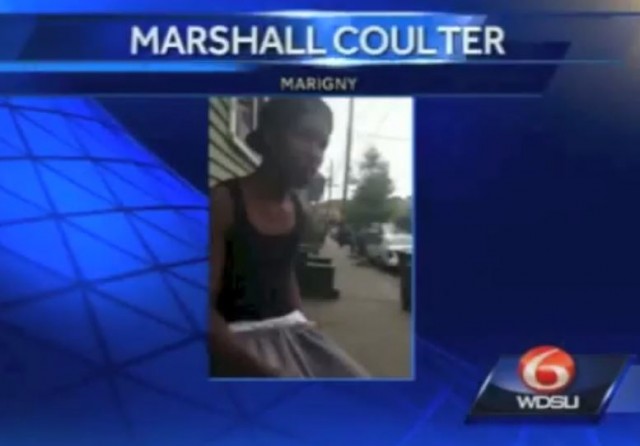[Edit: The title of this post was edited to better reflect the Court's ruling.]
This morning the US Supreme Court released it's ruling in
Abramski v. United States--the firearm "straw purchase" gun case--in which it affirmed Abramski's convictions. (The full-length opinion is embedded at the bottom of this post.)
In reaching it's decision the majority--led by Kagan, and including Ginsburg, Breyer, Sotomayor and the necessary swing-vote, Kennedy--the Court took a very broad interpretation of the government's statutes, regulations, and even mere practice in narrowing the scope of lawful 3rd-party purchases of firearms, arriving at their conclusion less by looking at the actual statutes and regulations and more by looking at their perception of the "context" and intended "purpose" of those statutes and regulations.
Facts
The defendant in this case, Abramski, arranged to purchase a Glock 19 for his uncle, Alvarez. Abramski had previously been a law enforcement officer, and it is common practice for law enforcement officers to be able to purchase firearms at a discount to the price generally available to the public.
Although Abramski had been fired from his LEO job two years prior, he retained his police officer identification, and intended to use that ID to purchase the pistol for his uncle at a favorable price.
The Uncle wrote Abramski a check for $400 with "Glock 19" written in the memo field.
Two day later Abramski appeared at an FFL (a Federal Firearms Licensee, through which most gun sales are required to occur) and purchased the gun. In the process of doing so he completed the Federally required Form 4473. Form 4473 asks for particular personal information, and also asks the buyer to reply to a series of interrogatories.
Among the questions asked was 11.a, which asks whether the purchaser is the "actual buyer" of the firearm. Abramski answered in the affirmative--absent which the sale would not have been processed by the FFL. He also signed an acknowledgement that a false answer to 11.a constituted a felony.
Abramski's purchase cleared the NICS (National Instant Criminal Background Check System) and the FFL sold him the Glock.
Abramski then deposited the check from his uncle, transferred the gun to his uncle (lawfully, using an FFL in his uncle's state, which differed from his own), and received a receipt in return.

